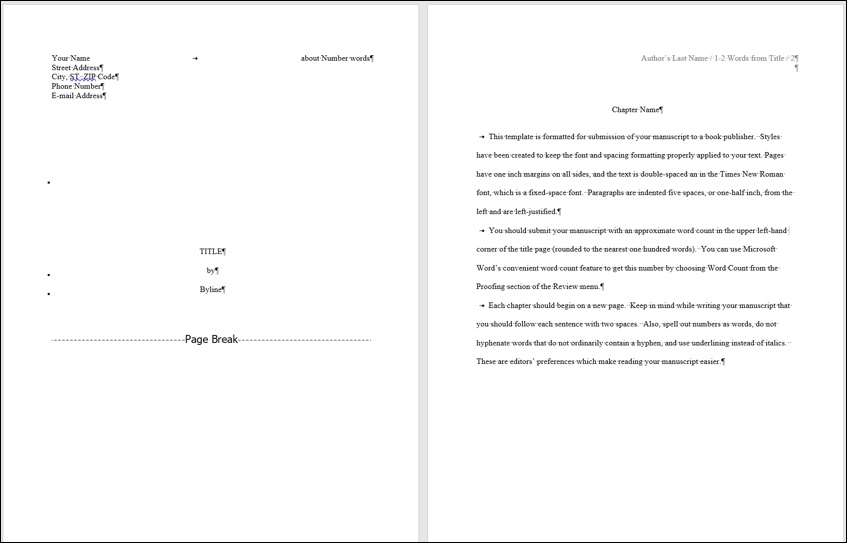
If you haven’t yet been approached to ghostwrite thought-leadership pieces on Forbes, Medium, HuffPo, LinkedIn, and other popular platforms, it’s an emerging money-maker. Remember that $ 300 is my recommended minimum for longer posts, writers! Authority ghost blogging is a $$$ niche The hourly rate on those is never going to feed your family. That’s too many writers creating many words for a pittance. I adjusted the price-range categories here a bit for 2020, so figures aren’t directly comparable to the prior year - but 15% now report earning $100-$199, and another 10% each said $20-$50 and $51-$99. There’s also a suspicious spike in writers creating longer posts in the $100 range. Last year, 32% of full-time writers reported they earned $300-$500+ for posts over 1,000 words. Mixed pricing on longer postsįirst, the good news: More writers are getting higher freelance writing rates for long blog posts. Interestingly, nearly all respondents reported they do some short-blog post work. The top-earning category - $300-$500+ for short posts - is steady at 15% year-over-year. Hooray! Hope to see blogging at too-low rates continue to fade out.Īnd we’re nearing another exciting inflection point - now, close to half of all paid short blogging is over $100 a post (45%). Last survey, nearly one-quarter of writers got $50 or less for short posts. Good news here - more writers are moving away from dirt-cheap pay and getting a bit better rates:Īs you can see above, if you’re still taking $50 or less for short blog posts, you’re now in a serious minority. One of the most popular freelance-writing break-in gigs is writing short blog posts. Is it a little bit tougher out there to quickly ramp to good pay? Perhaps so. The percent saying they made it to major earning in 3-5 years declined 4%, too. Notable, though, is that the success of early big earners was down about 1% compared with 2019. But the most popular answer in terms of how long big earners have been freelancing was 6-10 years. It doesn’t have to be a long slog to earning a living as a freelance writer. That’s 30% of writers, ramping to major freelance income fairly quickly. As you can see below, nearly 12% of writers reached 60-100% full-time income in their very first year as a freelancer. Let’s start with a piece of good news: Some freelance writers jump in and very quickly are able to earn more or all of their income from their craft.

In reviewing it, I decided it would be most useful to spotlight data from writers who earn primarily from freelancing - it represents 60%-100% of their income.Īll the stats shown below are for writers in this more full-time freelancing category. What are freelance writing rates these days? Are rates getting better or worse? Short answer: Some of each.īut I see lots of reasons for optimism in this year’s survey.


You can grab a downloadable version of all the data and my takeaways at the bottom of this post.
So this year’s survey of nearly 600 writers asks more questions, about case studies, white papers, email marketing, and more. But I only asked about freelance writing rates on a couple of types of writing in last year’s survey - articles and blog posts, mainly. I began investigating what writers earn last year, with the 2019 Writer Pay Survey. What we can learn is what real writers are charging, for roughly similar work. See why the whole concept of ‘going rates’ is problematic? There’s also the question of your personal income goals, time available, living costs… all may factor into what you seek to charge. Usefulness of these clips in your portfolioĪnd more.The level of competition in their industry.How important the writing is to client’s income.Freelance writing rates are all over the place, as there are so many variables that affect appropriate pay for a particular writing job. If you struggle with pricing your work, it’s no surprise. It’s the biggest question many freelance writers have: What should I charge? More specifically, what are going freelance writing rates for the type of project I’m doing?Īfter all, we don’t want to leave money on the table… or price too high and lose the gig.


 0 kommentar(er)
0 kommentar(er)
